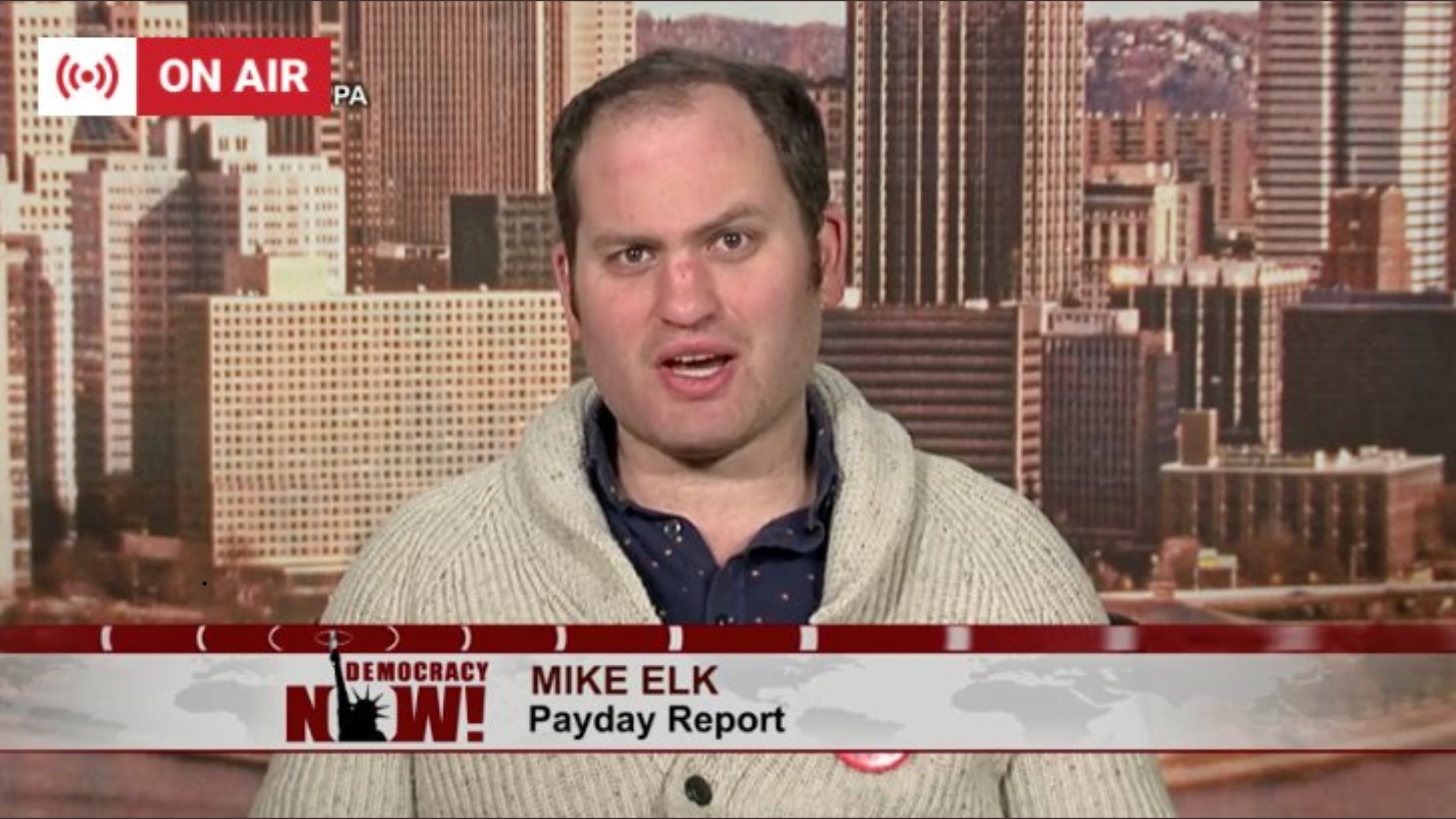Writing in the op-ed pages of the Houston Chronicle, the hometown paper of the fourth largest city in America, Payday Senior Labor Reporter Mike Elk lays out a vision for how rebuilding the labor press is essential organizing task of the labor movement:
Last year, more than 80,000 people in the state of Texas joined unions. As national unions pump tens of millions of dollars into organizing teachers, nurses and construction workers in Texas, most of the public remains uninformed of the progress being made.
This is a failure of not just the media but of the labor movement for failing to support a unionized press able to tell the story of workers rising up all over the South.
In the 1930s, when the modern labor movement was established, unions employed hundreds of reporters all over the country. Their task was to inspire workers with the tales of their co-workers rising up.
During the general strike of 1934 in Minneapolis, for example, there were weekly labor publications printed in eight languages. These publications gave readers daily examples of how folks much like themselves beat the odds and won victories in their workplaces.
Today’s labor movement has no modern equivalent of the labor press of the 1930s. In my opinion as a veteran labor reporter, unions won’t achieve significant new gains until we rebuild that media infrastructure.
When workers read about people like themselves earning unlikely successes against their bosses and corporate owners, it makes them feel like they can too. We as reporters know this first hand. Successful attempts at organizing more than two dozen publications, including the L.A. Times, the Chicago Tribune and the HuffPost, received widespread media attention. Each unionized workplace encouraged other reporters to organize their own offices.
However, the broader lessons of the digital media unionization movement appear lost on the labor movement as a whole, which struggles to illustrate how workers can inspire each other.
While many labor leaders complain about how the media portrays workers, few offer a concrete solution to build the labor press in order to tell their own stories.
It’s not as if they lack the resources. Unions spend hundred of millions every year to fund politicians, who then use that money to purchase campaign ads and, ironically, subsidize the profits of corporate media.
It’s time for the labor movement start talking seriously about rebuilding our own press and start covering the incredible organizing in places like Texas — because the stories are out there, waiting to be told.
It’s not even a question of unions providing money. Sometimes it is enough to merely engage members.
Unions have large social media presences with thousands upon thousands of followers who can easily make news go viral. And in the age of crowdfunding, unions could encourage their members to support labor press projects.
The labor movement must get unionized workers to think about the role that they too can play in shaping their presence. Public trust of the press is at an all time low, according to the Knight Foundation. Far too many believe President Donald Trump when he says the press is “the enemy of the people.”
A mass effort to engage in union members rebuilding the labor press could help reestablish media outlets as community-trusted publications — the kind of publications that speak in the voice of workers.
For far too long, the labor movement has relied on others to tell our story. It’s time we took back our ability to tell our own story. It’s time we rebuild the labor press.

